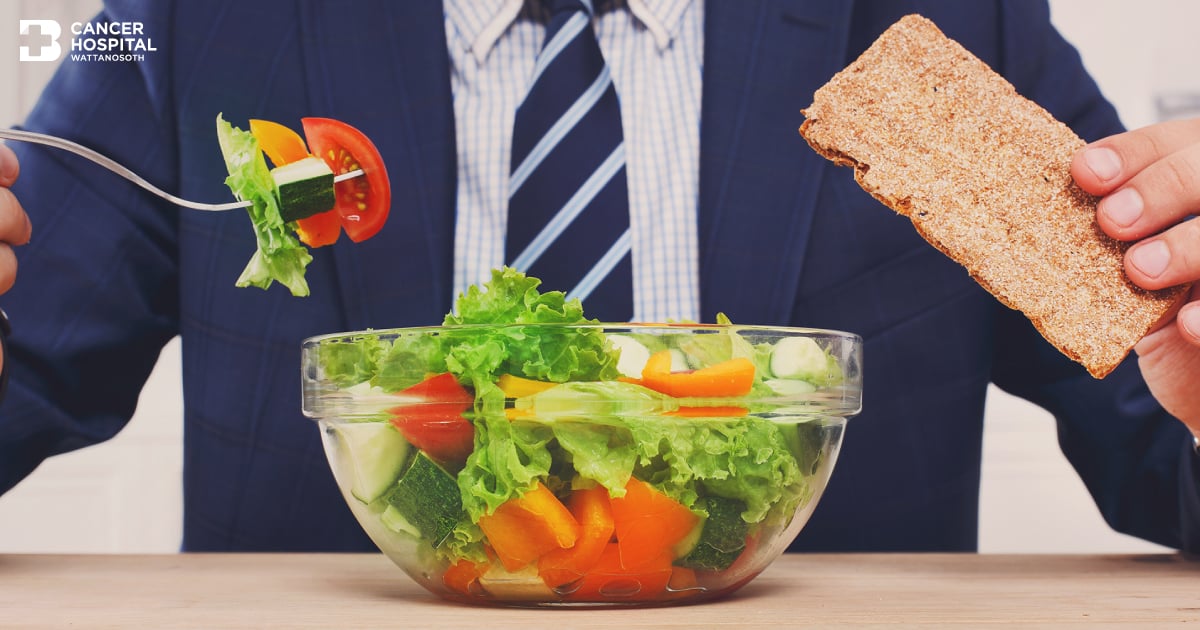
3 Supplements for Prevention of Prostate Cancer
When men are getting into their 40s, testosterone level usually begins to drop, similar to what occurs in the female menopause. Some may develop physical and emotional changes. Also, it is important to be aware of warning signs and screening of prostate cancer. There is a simple tip for prevention of prostate cancer: taking lots of fruits and vegetables. Research suggests that good nutrition may help reduce the risk of developing prostate cancer.
.jpg)
Lycopene-rich foods
Lycopene gives tomatoes and other fruits and vegetables a red color. Lycopene acts as an antioxidant. It counters the actions of harmful free radicals in our body when we consume it. A free radical is a highly reactive molecule that damages important biological structures in our body’s cells, such as DNA and proteins. Antioxidants limit the damage free radicals cause by chemically neutralizing them. Many scientific studies carried out over the past few years show that lycopene benefits health by helping to prevent prostate, lung, breast, colon and stomach cancers.
In addition, dicing and cooking tomatoes in olive oil helps your body absorb lycopene better than if you eat them raw. Unlike other nutrients that can be compromised when heated, the bioavailability of lycopene increases with cooking.

Sulforaphane
Sulforaphane is an antioxidant that reduces inflammation and helps eliminating carcinogens. It is found from cruciferous vegetables such as broccoli, cabbages, beets, cauliflower, Chinese cabbage, and bok choy.

Flavonoids and isoflavonoids
Flavonoids and isoflavonoids are polyphenolic compounds in the human diet. It helps balancing sex hormones and maintaining prostate health. Flavonoids and isoflavonoids are highly concentrated in soy beans and soy products, as well as red wine, cranberries, and pomegranate.
Moreover, anti-inflammatory foods such as ginger, turmeric, onion, pumpkin seed, flax seed, oregano, apples, and cranberries can also reduce risk of prostate cancer. It is important to maintain healthy and balanced diet in order to reduce risk of prostate cancer.